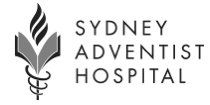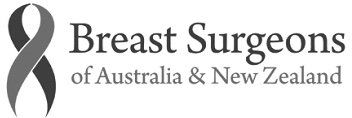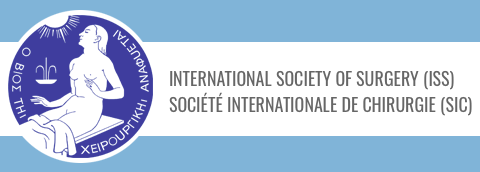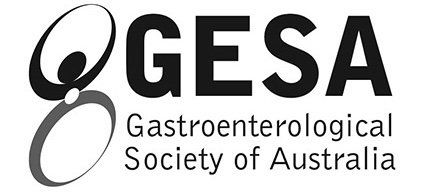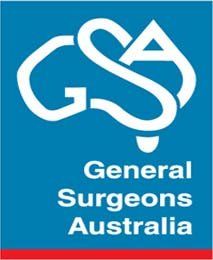
Gastroscopy
What are the indications for a gastroscopy?
Gastroscopy is used to investigate symptoms such as
- Abdominal pain
- Bleeding
- Bloating
- Heartburn
- Nausea
- Swallowing difficulties
- Vomiting
- Weight loss
These symptoms may be caused by a wide range of disorders including
- Coeliac disease
- Hiatus hernia
- Gastric & duodenal ulcers
- Gastritis
- Gastric or oesophageal cancer
Gastroscopy is more accurate than imaging for detecting inflammation, ulcer or tumours.
How do I prepare for a gastroscopy?
Fasting. You will need to stop drinking and eating for approximately 6 hours before the procedure to ensure the stomach is empty. The hospital will contact you 1 working day prior to your procedure to advise fasting time.
Medications. You will be given instructions about when to stop your blood-thinning and diabetes medications. Most tablets can be taken on the day of the procedure with a sip of water.
How is a gastroscopy performed?
Gastroscopy is performed under a light anaesthetic (sedation). The back of your throat may be sprayed with local anaesthetic to make it numb and a small mouthguard is placed between your teeth to stop you from biting the endoscope. A sedative medication is given through a vein in your forearm. Once sedated and lying in a comfortable position of your left side, the endoscope is passed through the mouth and in turn through the oesophagus, stomach and duodenum. The lining of the oesophagus, stomach and duodenum is examined for abnormalities and biopsies (samples of tissue) may be taken. The procedure can take between 15 to 30 minutes.
What happens after the gastroscopy?
You will be monitored in the recovery area until the effects of the sedative medication have worn off. Your throat may be a little sore and you may feel bloated because of the air introduced into the stomach during the test. You will not be able to eat or drink for about an hour and may need to stay in recovery for up to 3 hours.
Because of the sedation given, it is important that you do not drive, operate machinery, drink alcohol or make important decisions for 24 hours. A carer will be required to take you home. Full recovery is expected by the next day.
Dr Krishnan will inform you of your test results on the day of the procedure. A follow-up appointment may be made to discuss the test results more fully. The results of any biopsies will usually take 1 week.
What are the risks of gastroscopy?
Gastroscopy is a very safe procedure. Despite the highest standard of practice, complications can occur. The following possible complications are listed to inform not to alarm. There may be other complications that are not listed.
- Bleeding
- Infection
- Perforation or tear of the oesophagus, stomach or duodenum
- Aspiration pneumonia



